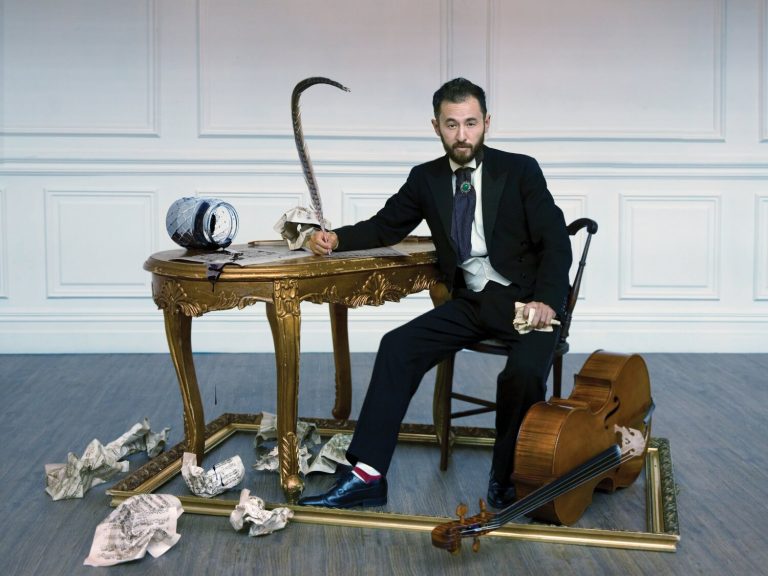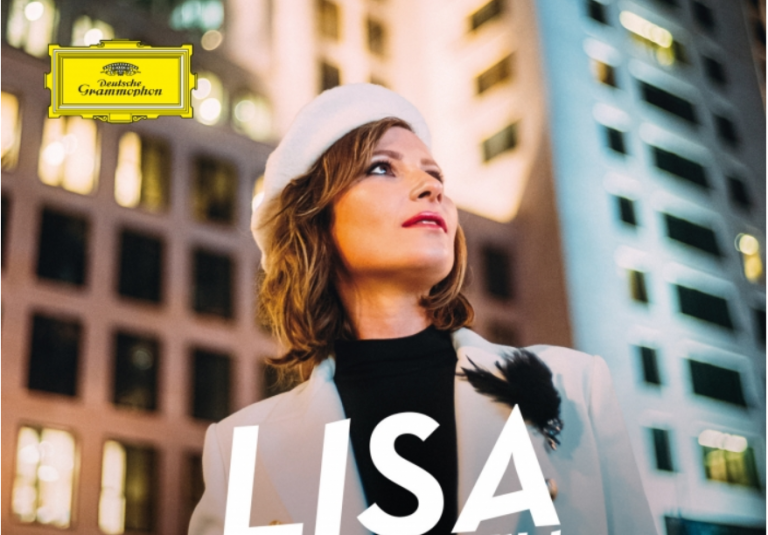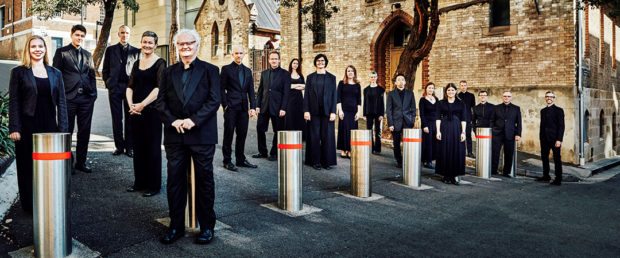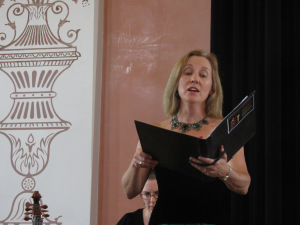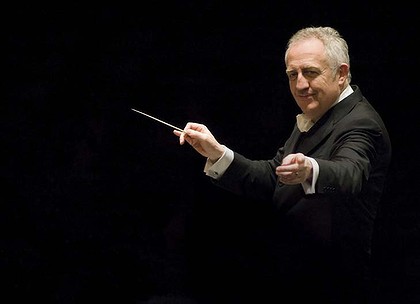Concert Review: Omega Ensemble Beethoven’s Genius

Omega Ensemble
Beethoven’s Genius
Utzon Room, Sydney Opera House
30 August 2015
Ike See (violin), Airena Nakamura (violin), Amanda Verner (viola), Teije Hylkema (cello), Alex Henery (double bass), David Rowden (clarinet), Michael Dixon (horn), Ben Hoadley (bassoon)
This year the Omega Ensemble is celebrating its tenth anniversary, and their recent concert entitled Beethoven’s Genius was a characteristic example of their programming which aims to contrast the unfamiliar with the well-known.
The recital was held in the magnificently situated Utzon Room where the backdrop to the performers was the stunning vista of Sydney Harbour glowing in the westering sun of a brilliantly clear afternoon. The room’s acoustics are full and very attractive, though for more than a couple of performers the intimate space tends to emphasise bass instruments and it is not really possible for ensembles to achieve a true pianissimo.
The first half of the concert consisted of Ferdinand Thieriot’s rarely performed Octet in B flat, Op. 62 – the first of his two octets. Dating from the 1870s, it is an immediately appealing work, but not one that is likely to gain a permanent place in the repertoire. It is scored for string quartet with additional double bass, clarinet, bassoon and French horn. This is the same scoring as Schubert’s octet, which it resembles in its melodic profusion. For much of the time Thieriot’s use of the instruments focuses on the string quartet as the basic unit with the other instruments added for embellishments.
The players quickly showed themselves to be a well coordinated and integrated group with admirable intonation, ensemble and blend.
The opening movement of the octet is pleasantly tuneful and was played with great gusto. This was followed by a lively intermezzo in which the clarinet and horn held an attractive dialogue with particularly enjoyable phrasing from clarinettist David Rowden. The following wistful slow movement opened with a cello solo (Thieriot’s own instrument) expressively played by Teije Hylkema with a fine sense of line. After a jaunty scherzo the last movement passed through a variety of moods, all well delineated by the ensemble, which brought this attractive work to a lively conclusion.
The second half of the concert consisted of an acknowledged cornerstone of the chamber music repertoire: Beethoven’s Quartet no. 15, in A minor, Op. 132. During the interval the platform on which the octet had played was removed to create a more intimate atmosphere for the quartet at floor level.
The hushed beginning of the work ushered in a first movement that had a fine sense of energetic struggle and unanimity of attack. After the contrasting lighter mood of the second movement, came the emotional heart of the work: the sublime Heiliger Dankgesang. This was a heartfelt rendition of this profound movement. The quartet relished the harmonic dissonances which were emphasized by the minimal use of vibrato. It also showcased the excellent intonation of the individual players. The march-like fourth movement again displayed their rhythmic precision and the urgent reading of the finale again showed their agility.
As a quartet, the group was well blended and secure. The first violinist, Ike See, is a strong leader whose sense of style dominated the quartet’s interpretation. He possesses the prerequisites of a worthy quartet leader: stylish playing, clear tone, accuracy of pitch and judicious use of vibrato. The cello playing of Teije Hylkema was well characterised and firmly projected. The two inner voices were rather more reticent. It would have been nice to hear more of the fine tone and phrasing that distinguished the playing of Airena Nakamura and Amanda Verner.
This was another of the Omega Ensemble’s very successful concerts which drew a full house in the intimate setting of the Utzon Room. The ensemble will present a further two programmes which mix familiar and lesser known works in the City Recital Hall on 17 September and 16 November.
Larry Turner for SoundsLikeSydney©
Larry Turner has been singing in choirs for many years – both in Sydney and London. He is an avid attender of operas and concerts, with an emphasis on vocal music. He particularly enjoys music from both the great a capella period and the baroque – especially the lesser-known works of Bach and Handel. He has written programme notes for Sydney Philharmonia, the Intervarsity Choral Festival and the Sydneian Bach Choir and is currently part of a team researching the history of Sydney Philharmonia for its forthcoming centenary


